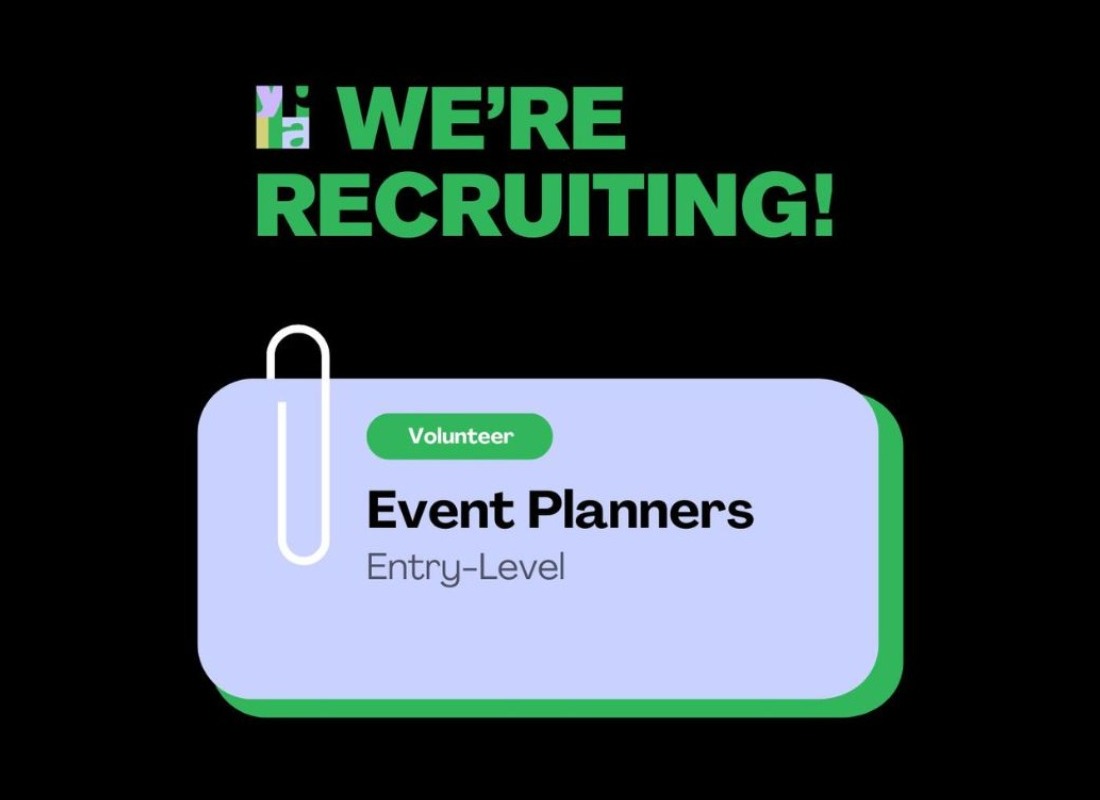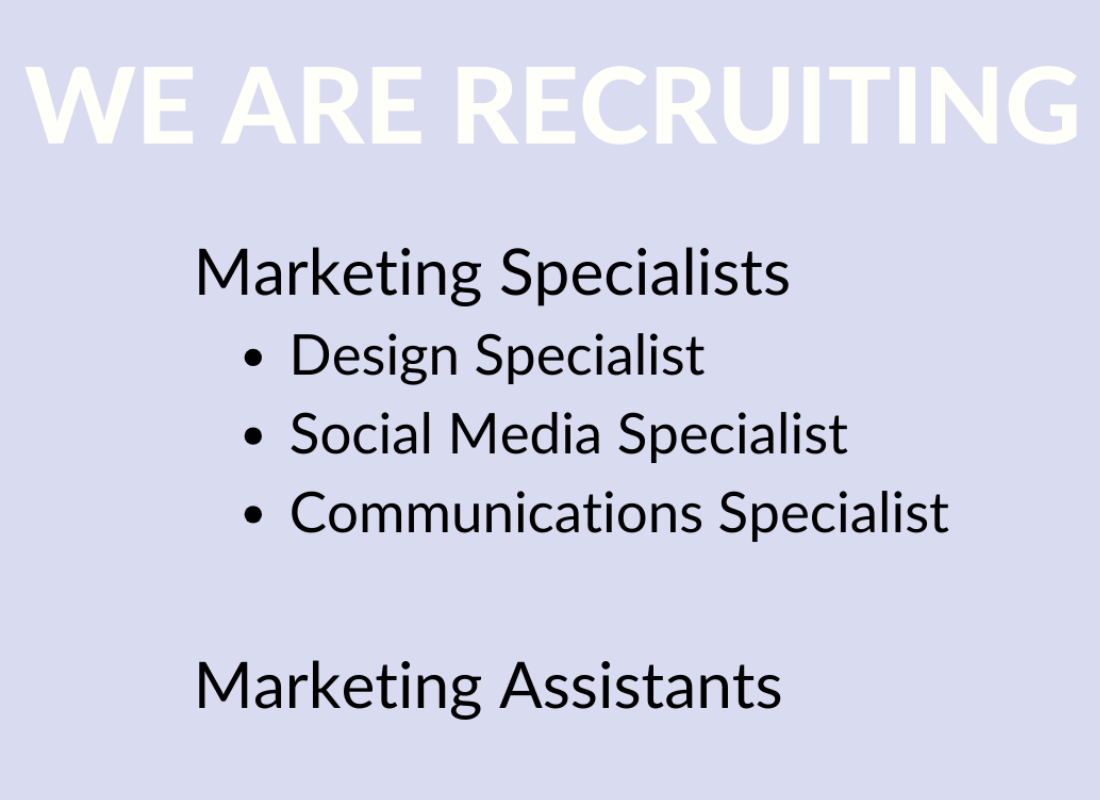
At some point or another we've all had that one great idea – you know, that dream project that you’re passionate about. In your mind, you know it will work, but you just don't quite know how to get it off the ground. If you’re reading this, there’s a good chance you are one of those people, and, if you're seriously thinking of making your dream into reality here are a few things you need to know before taking the plunge into the unknown:
1. Do the research (I mean REALLY do it)
There is so much you can do before taking the “plunge†– for starters, working out whether your idea is actually feasible! It's impossible to anticipate much of what lies on the road ahead, but removing as much uncertainty as possible will reduce a lot of the stress out further down the line. Your research can be something quite formal, like looking at audience figures, venues or working out how much it will cost, but it can also be something casual. Do bounce ideas off friends and colleagues, they might spot something you’ve missed and help you to develop your idea.
2. Get going – Make a plan and set goals
There's no time like the present. Times change and your idea might not remain relevant forever, or, even worse, someone might beat you to it. There is only a certain amount of time you can spend thinking about an idea, but if you really want it to become a reality you have to set the wheels in motion and make a plan.
Start by working out your long-term and short-term goals. Aim to put together a realistic long-term timeframe for your project, which will include the most important details, for example, when the launch date will be, when you need to start marketing, when you need to book people, finalise your programme, have your team in place etc. This is often the fun bit, these milestones are something to look forward to and something to tick off the list and give yourself a pat on the back for.
Next, work out all your short-term goals. These are the things that will help to keep you on track and focused towards achieving the long-term goals outlined in your timeframe. A weekly list of things you need to achieve should do the trick.
3. Get on top of the nuts and bolts
I could go on forever in this section, so I will just talk about the bare essentials. Firstly, decide how your organisation will run: Is it just you or will there be a board? Are you a charity or a business? Check out this helpful page for all the necessary info. (Personally, I feel the easiest option for the first year will be to operate as a sole trader – no fuss, no red tape and lots of flexibility; although if your organisation goes bust, you will be responsible).
Other things to think about: setting a budget, finances and invoices – unfortunately, these are the boring things, but completely essential and if you're organised you won't be fretting at night. There are also all the fun things like choosing a name, email, website and designing a logo. Once that’s done, you’re up and away!
4. Networking
At this point, you and your organisation are the same thing. If your organisation is like mine, it will remain like this for nine months until something actually happens.
Let people know you exist; email EVERYONE and ANYONE who might be involved or interested, especially if they are a related organisation. You will be surprised how many people take the time to reply, and if they are not interested they usually do this nicely.
Best advice for strengthening your company is to work out what resources you need, e.g. printing, marketing, costumes, music hire, social media promotion, anything physical or a service you require. In year one, getting money for an untested company such as yours is hard (and it remains hard after then), but I was amazed at how willing other organisations are to offer their resources. The term for this is “resources in lieu of paymentâ€, or “stuff instead of money†as my gran would probably put it.
Leading on from this, have a real think about “brand affiliationâ€. Would it help to have another organisation’s logo to endorse you? No one will have heard of you, but affiliating yourself with a well-known brand can get you noticed and enable you to look like a credible organisation. Early on, I managed to get the University of Leeds as a partner and as an arts education organisation this was incredibly beneficial. I also managed to create a partnership with Welcome to Yorkshire (the tourism board behind Le Tour de France 2014) who have been amazing at promoting events and being a recognisable endorsement to people in the area.
5. Look after yourself
This is by far the most important point, and probably the most overlooked. The success of your business depends entirely on how you’re functioning, so you need to make sure you’re always at 100%, or as close to it as possible.

Most importantly, take days off. The temptation will be to work on it every hour of every day, but as good as this feels at the beginning, it’s really going to start taking its toll later on. Make sure you plan time off and remember to escape from your office/bunker to see the real world once in a while!
David Taylor is CEO and Founder of Yorkshire Young Sinfonia, as heard on BBC Radio 4’s “Birth of an Orchestraâ€. More information can be found at www.yys.org.uk. Twitter: @yysinfonia




.0af71f.jpg)
.ec8cc4.png)